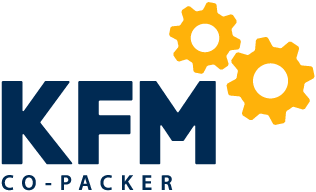A growing number of neuroimmunology drugs are expected to be made available in many of the world’s biggest pharmaceutical markets next year.
Manufacturing Chemist shared the results of a study by GlobalData, which revealed that there are over 100 products in development in Phase I, Phase II and Phase III. These treatments will target a range of conditions.
Senior pharma analyst at GlobalData Vinie Varkey commented: “Among pipeline drugs, the most common indications for which drugs are being developed include Alzheimer’s disease (AD) and multiple sclerosis (MS).”
In terms of MS medications, these are being developed to target cytokines, enzymes and lymphocytes. However, the GlobalData survey of key opinion leaders in the field found that the drugs targeting lymphocytes were generating the most excitement.
According to the MS Trust, it’s estimated that 2.5 million people suffer from MS around the world. In the UK, it’s estimated that around 110,000 people have the condition, although there is no accurate data on the precise number of sufferers.
As well as looking at the targets of the new neuroimmunology drugs, the research from GlobalData also explored the types of molecules that are predominantly being utilised in pipeline drugs.
Monoclonal antibodies, which are highly specific, and small molecules, which have the ability to penetrate the blood brain barrier, are the main molecules being investigated, the news provider explained.
However, treatment costs associated with the former are expected to be prohibitively high to enable the development of drugs that will be widely accepted and used, which means many pharma firms are looking for alternate molecule types to allow them to deliver cost-effective therapies.
If you need help with pharma packaging solutions, contact us today.

